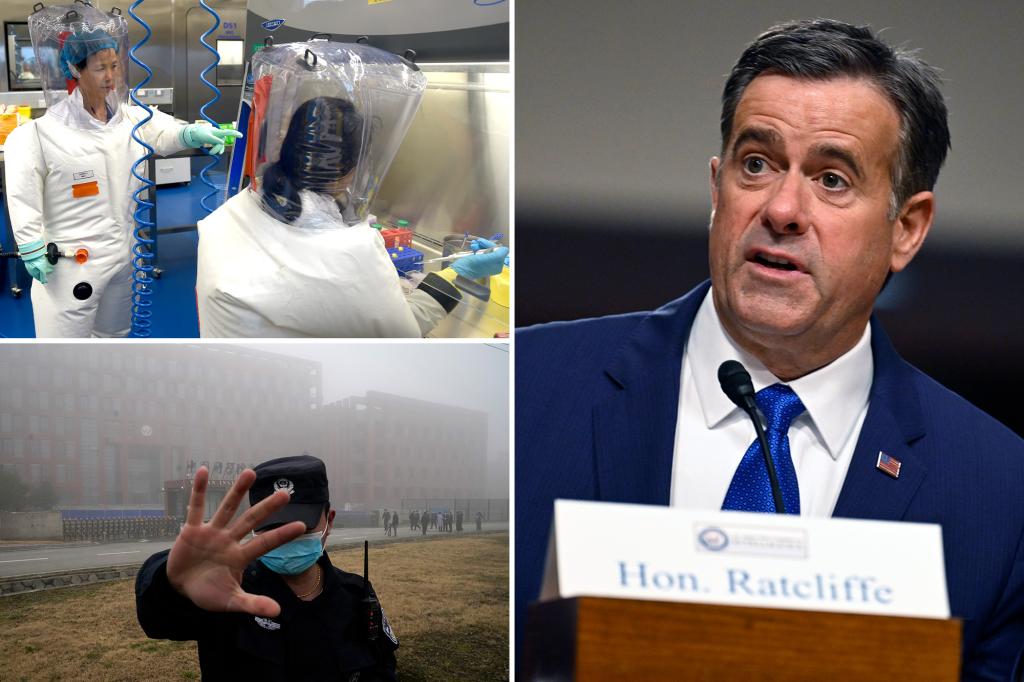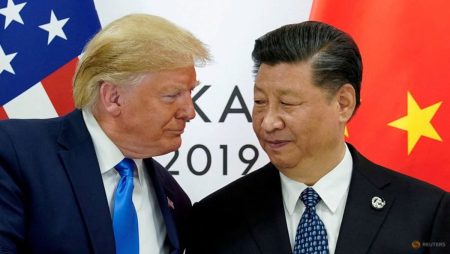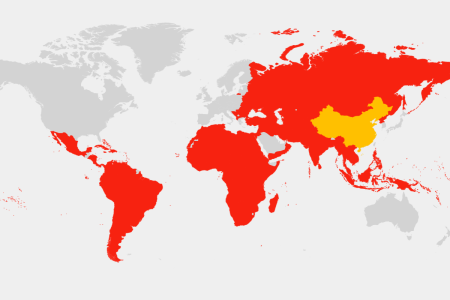The origin of the COVID-19 pandemic, a global health crisis that claimed millions of lives and disrupted societies worldwide, remains a subject of intense scrutiny and debate. Two dominant theories have emerged: the zoonotic origin, proposing a natural transmission from animals to humans, and the lab leak hypothesis, suggesting an accidental release from a research facility. Recently, the Central Intelligence Agency (CIA) shifted its stance, lending more weight to the lab leak theory, albeit with low confidence. This move has reignited discussions and prompted further investigation into the pandemic’s origins.
The CIA’s revised assessment, communicated under the leadership of newly appointed Director John Ratcliffe, marks a departure from the agency’s previous neutral stance. While no definitive evidence has been presented to solidify the lab leak theory, the CIA’s decision to publicly acknowledge this possibility reflects a shift in the intelligence community’s perspective. This move aligns with the positions of the Federal Bureau of Investigation (FBI) and the Department of Energy, which have also leaned towards the lab leak hypothesis. However, several other agencies, including the National Intelligence Council, continue to favor the zoonotic origin, citing the lack of conclusive evidence for a lab leak.
The zoonotic theory posits that the virus originated in animals, likely bats, and then jumped to humans through an intermediate host species, possibly pangolins. This theory is supported by the precedent of previous coronaviruses, such as SARS and MERS, which are known to have originated in animals. Furthermore, the first known cases of COVID-19 were clustered around a wet market in Wuhan, China, where live animals were sold, lending credence to the possibility of animal-to-human transmission. However, despite extensive research, the specific intermediate animal host responsible for the transmission to humans remains unidentified, leaving a crucial gap in the zoonotic theory.
The lab leak hypothesis, on the other hand, points to the Wuhan Institute of Virology (WIV), a research facility specializing in coronaviruses located near the initial outbreak’s epicenter. Proponents of this theory argue that the proximity of the WIV to the first reported cases, coupled with the institute’s research on bat coronaviruses, raises the possibility of an accidental release. While no direct evidence of a lab leak has been publicly disclosed, the lack of transparency from Chinese authorities regarding the WIV’s activities has fueled speculation and calls for further investigation.
The CIA’s decision to embrace the lab leak theory, even with low confidence, was influenced by several factors. Former CIA Director William Burns had urged the agency to take a definitive stance on the origins of COVID-19, moving away from neutrality. John Ratcliffe, a proponent of the lab leak theory, further propelled this shift upon assuming the directorship. His public statements expressing his belief in the lab leak hypothesis, combined with his desire for the CIA to take a clear position, likely contributed to the agency’s revised assessment.
The ongoing debate surrounding the origins of COVID-19 underscores the importance of transparency and international collaboration in addressing global health crises. While the CIA’s shift towards the lab leak theory has added a new dimension to the discussion, the absence of conclusive evidence necessitates continued investigation and a rigorous scientific approach. Determining the true origins of the pandemic is crucial not only for understanding the past but also for preparing for future outbreaks and preventing similar tragedies. The international community must work together to foster transparency, share data, and conduct thorough investigations to definitively answer the question of how COVID-19 emerged and prevent future pandemics. This includes engaging with China to access relevant data and facilities, ensuring a comprehensive and scientifically sound investigation. The pursuit of truth, regardless of the outcome, is essential for global health security and preventing future outbreaks.










